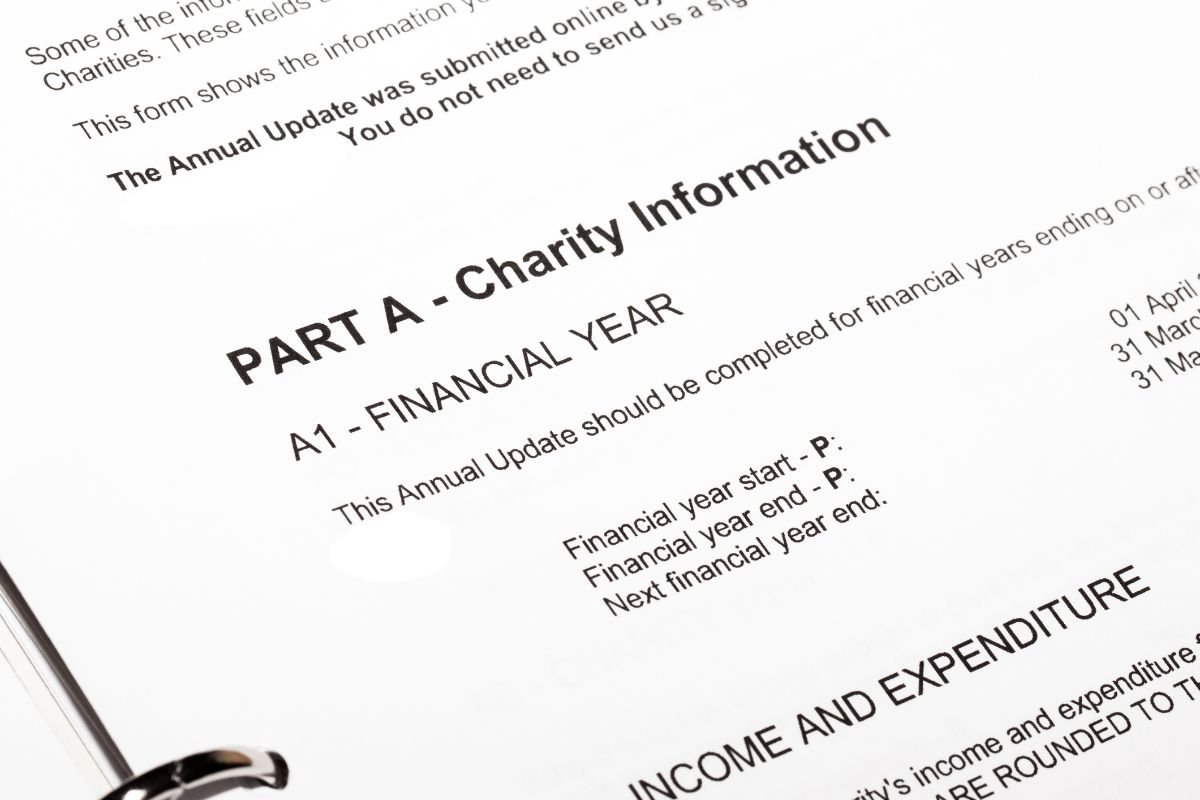Key factors for building a successful grant application.
After researching possible donors and funders for your charity, use this checklist to identify key points to consider before making a grant application.
Even though COVID-19 emergency funding opportunities have shorter and less involved application requirements, you will still need to give this some thought. This checklist will help your organization respond to potential questions from funders and be confident about your application.
You may not have each point completed or started. For example, you may not be able to give a full financial plan, but if you have agreed the basic costings and decided what action you will take to develop this plan, then you will be in a much stronger position to apply for a grant.
The Checklist: Key factors for successful funding applications
